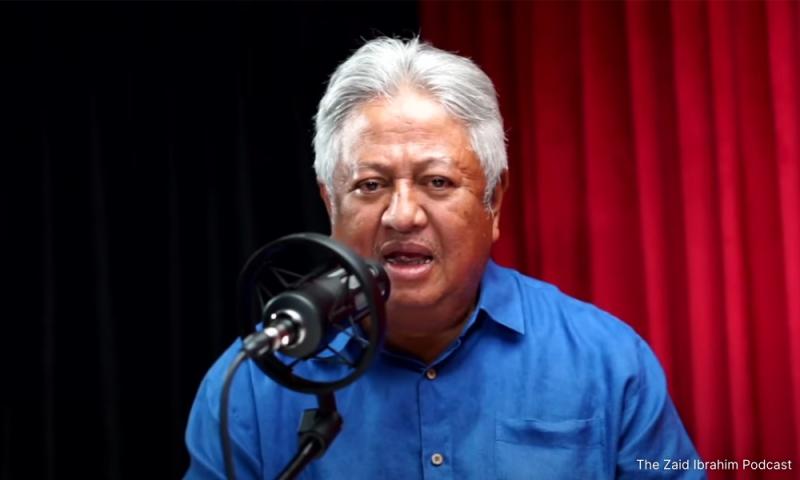The Chinese Malaysian education movement in the past 50 years had to face many challenges for the continued survival of the Chinese primary schools, Chinese national-type and independent secondary schools.
Today, we are facing less turbulent times. Nevertheless, we have to continue to meet current and future challenges and find ways to better promote the Chinese language in a fast changing environment. This is my attempt in evaluating the future of the Chinese education from the lens of the current legislation.
1) The case of Merdeka University - The idea of founding Merdeka University was formed in 1967 through the initiative of the United Chinese School Committees Association and the United Chinese School Teachers Association.
They formed a company limited by guarantee, Merdeka University Bhd, and submitted a petition to the Yang di Pertuan Agong for an incorporation order for Merdeka University under the Universities and University Colleges Act, 1971.
The petition was rejected. Merdeka University Bhd then challenged the decision in court. The Supreme Court held that the Merdeka University, if established, would be a public authority and accordingly Chinese would be used for an official purpose and that this may be prohibited under Article 152 of the Constitution;
The Supreme Court also distinguished the meaning of 'teaching Chinese' and 'teaching in Chinese' in that using languages other than Bahasa Malaysia as the medium of instruction for non-language subjects is at the discretion of the executive and restrained by various education and language legislations.
2) On Chinese primary and secondary education - As we are a heterogeneous society, every parent may have different ideas and opinions on what type of education their children should receive. No political party, education body or government agencies should hijack the wishes of the parents.
By the same token, Chinese Malaysian students in national schools should be allowed their constitutional right to learn their mother tongue. As pointed out by the Merdeka University case, the government cannot legally prohibit the teaching and offering of courses to enable students to learn Chinese.
The challenge ahead of us is how we can enhance mother tongue classes in national schools at both primary and secondary levels. Is the government performing its constitutional obligations?
3. Funding for Chinese primary schools - Under the Education Act 1996, there is no distinction between a half-aided or fully-aided national type school. Of course, it would be a dream come true if all Chinese primary schools were fully-aided.
But under the Federal Constitution, Chinese primary schools should enjoy equal constitutional rights as national schools in terms of financial aid. This is stipulated under the Article 12 of the Constitution.
4) On Chinese higher education - With the passing of the Private Higher Education Institutions Act 1996, the landscape has changed. The current legislation has barred the formation of a Chinese-medium university in Malaysia.
Unless there is a change in law, it is next to impossible to form a public university which carries the spirit of Merdeka University. However, there are two alternatives open to the Chinese community:
One: To setup a private university with a Chinese language faculty with English or Bahasa Malaysia being used as the main medium of instruction for the other faculties. Such a university may introduce a compulsory subject of advanced Chinese Language for the Chinese-educated and an elective elementary Chinese Language subject for beginners.
Two: Existing private colleges may affiliate with the foreign universities. However, such private colleges may not award degrees.
To some, half-a-loaf may be better than none. The question is, 'can such new universities/ colleges finds a niche?' Will the Chinese community be able to financially support such a private university on top Chinese primary schools and independent secondary schools?
The leaders of the Chinese education movement have to go back to the drawing board before any major decisions are taken on the issues raised above.




